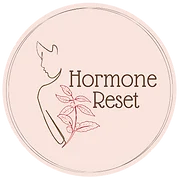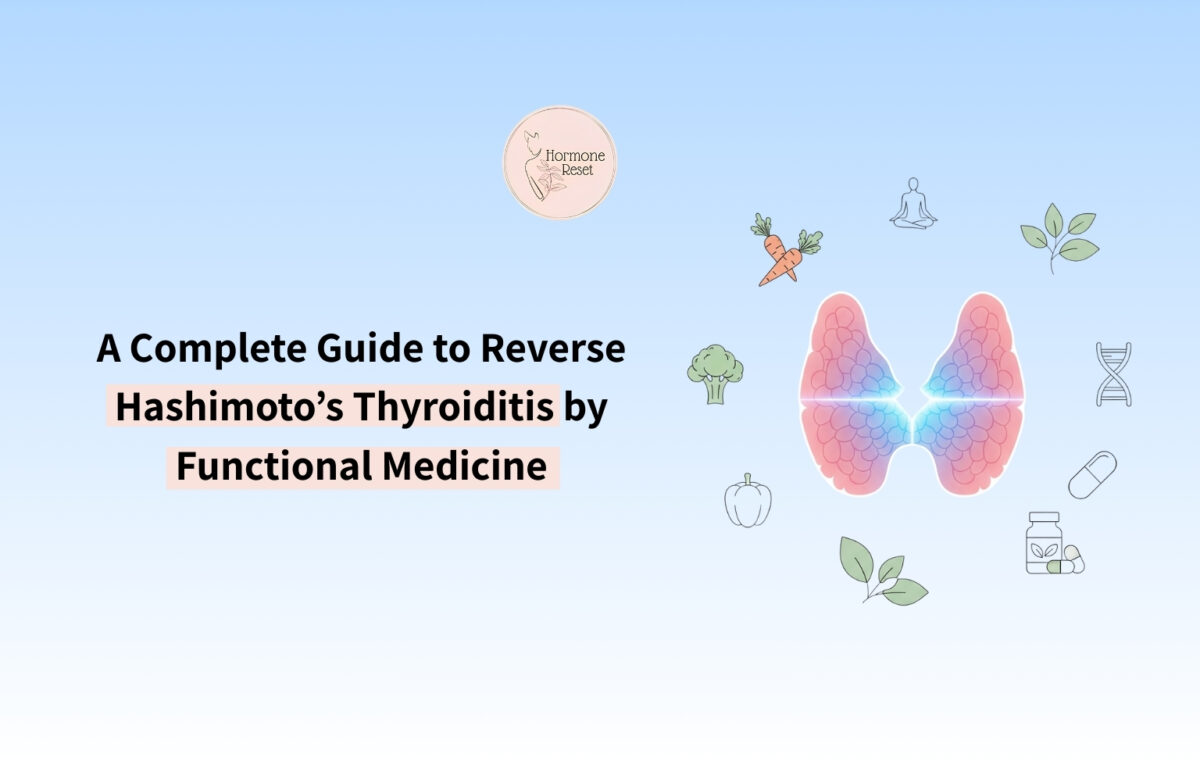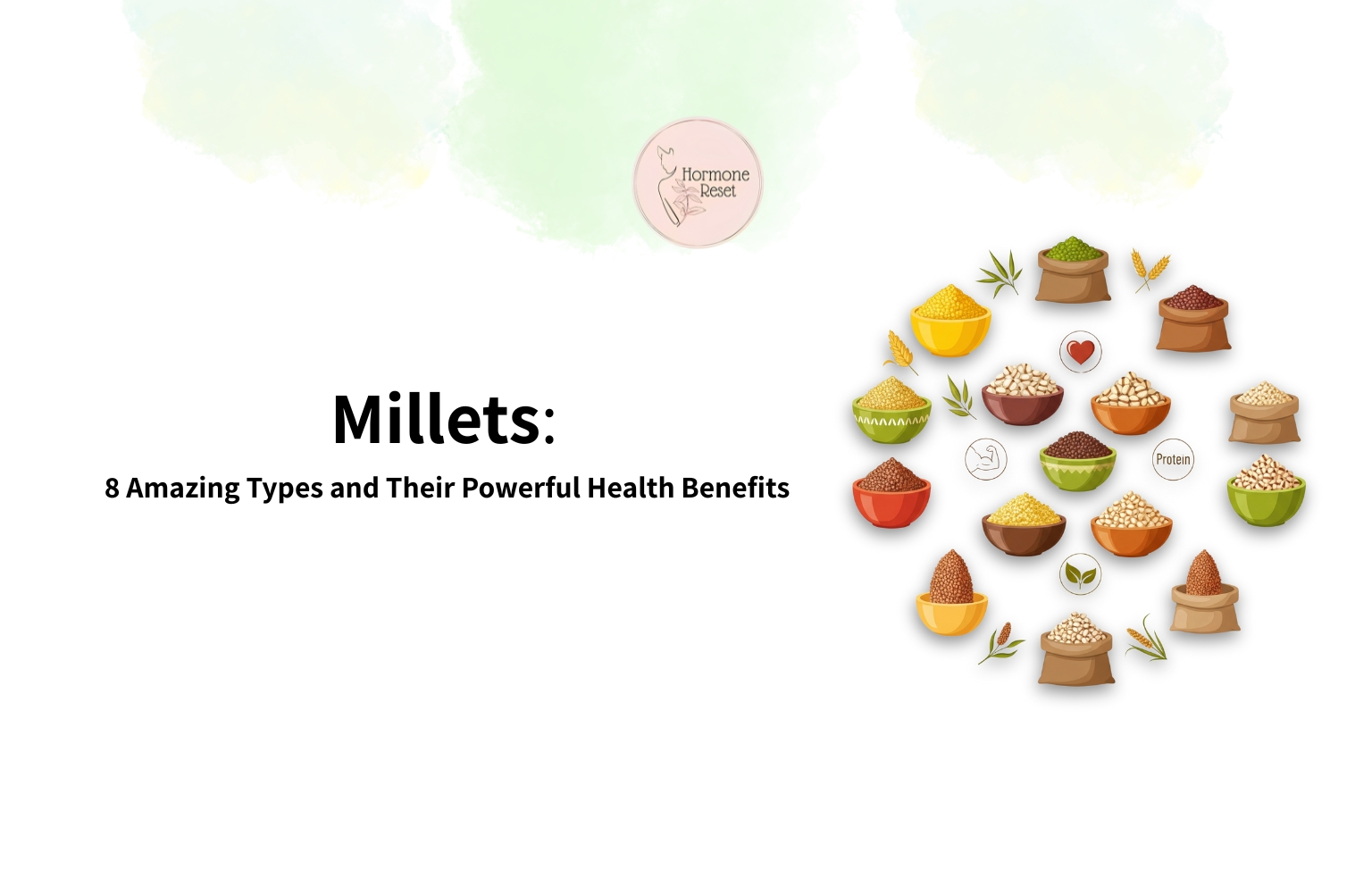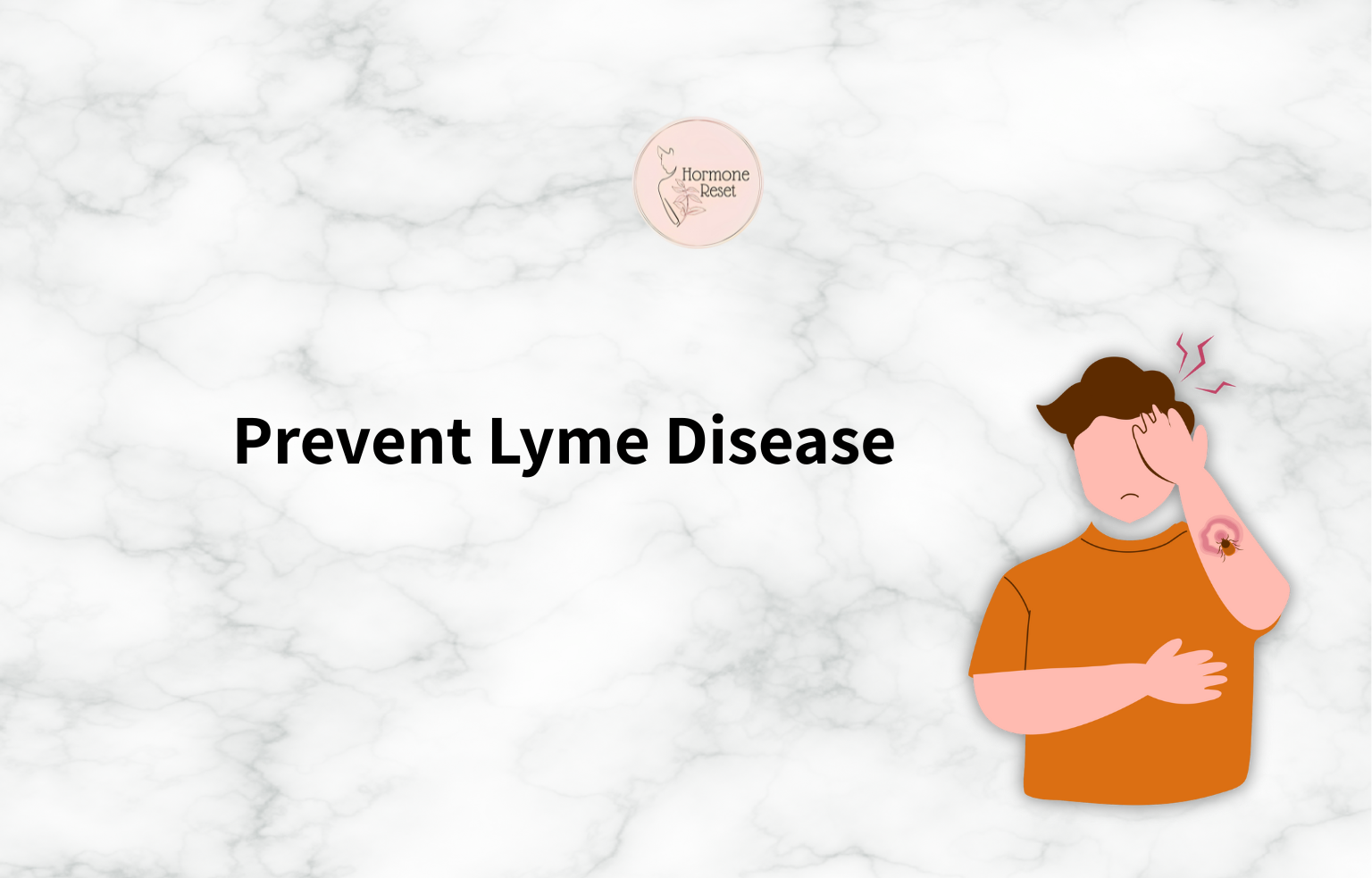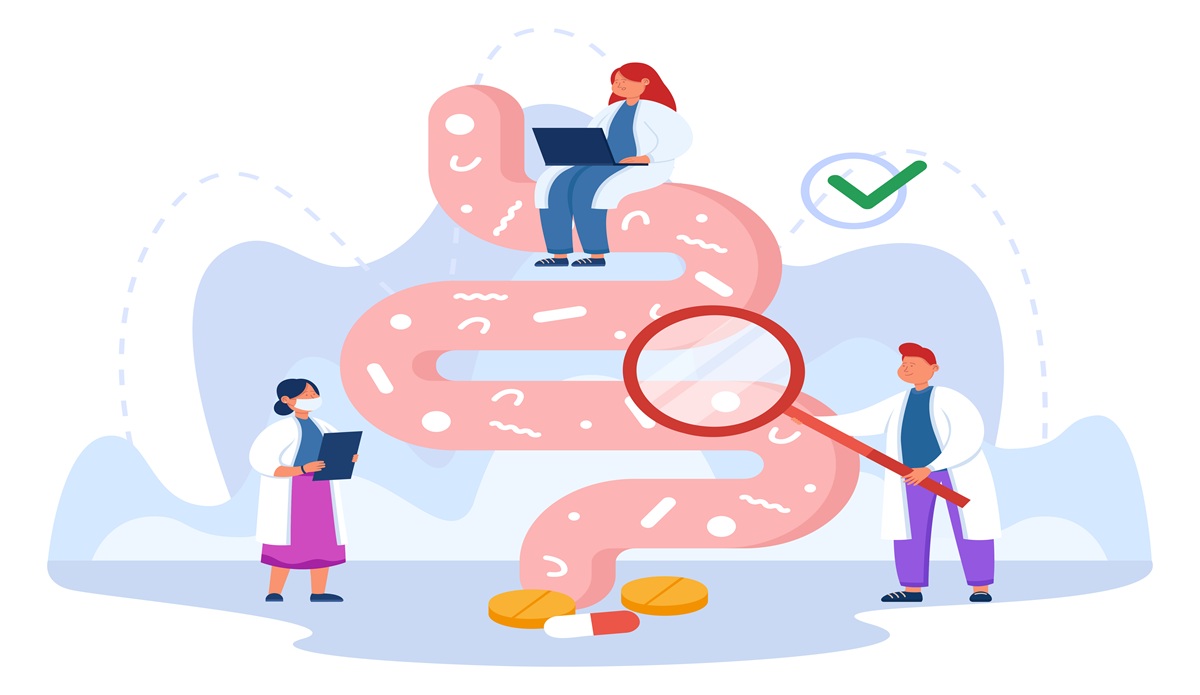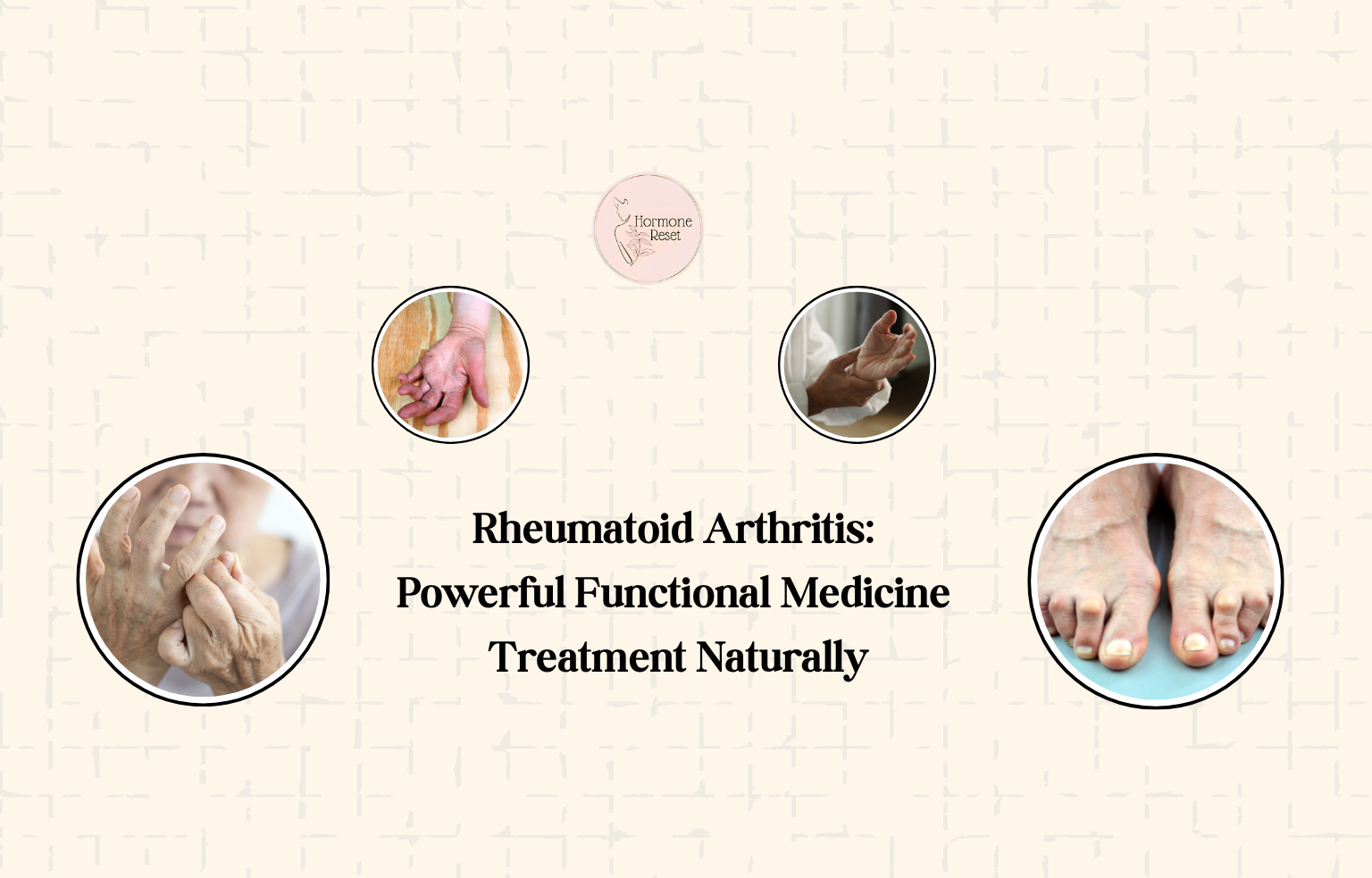Imagine this: you’re lying awake at night, your mind restless, your body tense. No matter how hard you try, your thoughts just won’t stop racing. You want peace, but stress and anxiety seem louder than any silence you can create.
What if I told you that the key to calming your mind, lowering your stress, and restoring balance doesn’t come from a pill — but from something already inside you? Something as simple as a sound.
Welcome to the world of sound therapy and vibration healing.

The Ancient Wisdom of Sound
From the chants of monks in Himalayan monasteries, to tribal drumming in Africa, to the “Om” that resonates through yoga studios worldwide — sound has always been used as medicine. For centuries, cultures across the globe have recognized that vibration and sound can shift our energy, clear emotional blocks, and promote healing.
Modern science is now catching up, showing that certain frequencies can reduce anxiety, calm the nervous system, balance hormones, and even enhance immune function.
And one of the most accessible ways to experience this? Humming.
Why Sound Works on Stress and Anxiety
Every cell in your body vibrates. Your brain, your heart, even your gut has rhythm. Stress and anxiety throw these rhythms out of tune, creating chaos in your internal “orchestra.” Sound therapy works like a tuning fork — gently bringing your system back into harmony.
- Vibration travels deep through tissues, bones, and fluids, shifting how your body feels and functions.
- Specific sounds calm the nervous system, activating the parasympathetic response (“rest and digest”).
- Rhythmic patterns entrain the brain, pulling you away from scattered, anxious states into calm, coherent brainwaves.
Humming: The Inner Sound Therapy
Humming may feel simple, but it is one of the most profound self-healing tools available. When you hum, the vibrations ripple through your sinuses, chest, and even into your brain, stimulating healing pathways.
How to Hum: Different Techniques
- Basic Humming :
- Preparation: Find a comfortable, quiet location. Sit with your back straight, and ideally, close your eyes to amplify the ability to feel the resonance.
- Breathing: Practice diaphragmatic breathing: inhale slowly and deeply, feeling your belly expand, and then gently release the breath. This increases oxygen supply and energy.
- The Sound: Start with an “mmmmm” sound, like showing appreciation for delicious food. You can also begin with the mantra “Om” or the word “hum,” elongating the “mmmmm” sound after a brief initial vowel.
- Mouth and Nose: Keep your lips gently closed, ensuring no air escapes from your mouth. Your nose must be open for humming.
- Pitch and Volume: Choose a comfortable pitch, ideally within your normal speaking voice range, without straining your vocal cords. Louder is not better; gentle, comfortable sounds are most effective.
- Duration: Hold the hum for 5-10 seconds, or as long as comfortable.
- Feeling the Vibrations :
- Practice: Hum for about five minutes, focusing on where in your body you feel the sound. You’ll likely feel vibrations in your vocal cavity, skull, or chest, but it can manifest in many places.
- Post-Humming: After humming, remain seated quietly with eyes closed for five minutes to relax and notice any changes. Then, take five minutes to ground yourself, wiggling your toes or fingers to reconnect with your surroundings.
- Changing Pitch:
- Experimentation: Hum at a comfortable pitch, then try slightly lowering and raising your pitch to feel the subtle vibrational changes. This helps you understand how different pitches resonate in different parts of your body.
- Humming a Song: Hum a familiar song or tune, consciously noticing how the varying notes vibrate different parts of your body.
Try humming gently for just 5 minutes before bed, and you’ll notice your thoughts slowing down, your body softening, and sleep coming more naturally.
Beyond Humming: Other Sound & Vibration Practices
Sound therapy isn’t limited to humming. Here are a few other practices that can transform your stress into serenity:
- Chanting “Om” – This ancient mantra resonates through the chest and skull, creating a sense of deep grounding and connection.
- Tuning Fork Therapy – Different frequencies applied to the body can release muscle tension and emotional blockages.
- Crystal Singing Bowls – Their pure tones can shift brainwaves from anxious beta states into relaxed alpha or meditative theta states.
- Drumming & Rhythmic Sounds – Repetitive beats calm overactive thoughts and induce meditative states, helpful for stress and trauma release.
- Bhramari Pranayama (Bee Breath) – A yogic humming technique that not only relaxes but also balances hormones, sharpens focus, and soothes anxiety.
- Listening to 432Hz or 528Hz Music – These healing frequencies are believed to restore natural harmony within the body and reduce mental stress.
Here are some key benefits:
- Stress Reduction: Humming can radically reduce stress, lowering levels of stress-related hormones like cortisol. Just five minutes of humming can induce a relaxation response by deactivating the brain’s limbic system, which controls emotion.
- Cardiovascular Health: It can lower blood pressure and heart rate significantly by inducing “parasympathetic dominance” on the cardiovascular system. The vagus nerve, highly associated with sound and vocalisation, plays a key role in slowing heart rate, dilating blood vessels, and activating digestion.
- Increased Nitric Oxide (NO) Levels: Humming triggers the release of nitric oxide, a crucial molecule that enhances the immune, cardiovascular, and respiratory systems. NO causes vasodilation, widening blood vessels to increase blood flow and decrease blood pressure. Humming in the nasal cavity can greatly increase NO levels, which may help clear a stuffy nose. Sound vibration can cause cells throughout the body to release NO, suggesting humming acts as an internal sonic massage.
- Enhanced Lymphatic Circulation: Humming increases oxygen levels in cells, partly due to deep breathing and NO release. It helps circulate and filter lymph fluid, transporting white blood cells and enhancing immune response.
- Improved Sleep and Mood: Self-created sounds stimulate the pineal gland to release melatonin, a hormone associated with circadian rhythms, sleep patterns, and powerful antioxidant and anti-inflammatory effects. It can also trigger serotonin release, leading to balanced moods.
- Endorphin Release: Humming generates endorphins, opiate-like neurotransmitters that block pain and contribute to feelings of pleasure and euphoria. This suggests humming can lead to happiness and reduce physical pain.
- Oxytocin Release: Activities involving making sounds with others, like humming, can stimulate the release of oxytocin, known as the “trust” or “love hormone,” facilitating bonding and empathy.
- Neurological Benefits: The “Humming Hypothesis” suggests that humming creates vibrations in the brain that stimulate neurochemicals and microtubules, potentially leading to the repair of damaged cells, generation of new cells, and formation of new neural networks. This has great implications for conditions like Alzheimer’s, strokes, brain injuries, and PTSD. Humming can stimulate neuroplasticity, allowing the brain to remap itself after injury.
- Hormonal and Metabolic Balance: Particularly with advanced techniques like Bhramari Pranayama, humming is said to invigorate the thyroid gland, balance hormonal secretions, help balance blood sugar levels, and enhance the oxidisation of fats.
- Relief for Various Ailments: It may help relieve migraines, control respiratory disorders (like asthma), alleviate throat ailments, relieve sinus infections, and cure insomnia. It can also relieve the mind of anger, agitation, frustration, and anxiety.
The Inner Journey: Sound as a Path, Not Just a Tool
Think of sound not just as something you hear — but as something you feel. When you hum, chant, or simply sit with the resonance of a singing bowl, your entire system shifts. It’s not about being musical; it’s about reconnecting with your body’s natural language — vibration.
The beautiful part is, sound therapy doesn’t require expensive equipment or hours of practice. You can start with your own voice, anytime, anywhere.
- Feeling anxious at work? Step aside and hum quietly for 2 minutes.
- Trouble sleeping? Try a few rounds of “Om” before bed.
- Feeling heavy emotions? Let yourself release them through sound — a gentle hum, a chant, or even toning out loud.
Sound Instead of Medication?
For many, stress and anxiety lead straight to a prescription pad. While medication has its place, it often comes with side effects and dependency. Sound therapy is natural, safe, and empowering. It allows you to be an active participant in your healing, rather than relying solely on external solutions.
Benefits of Daily Sound Healing Practice
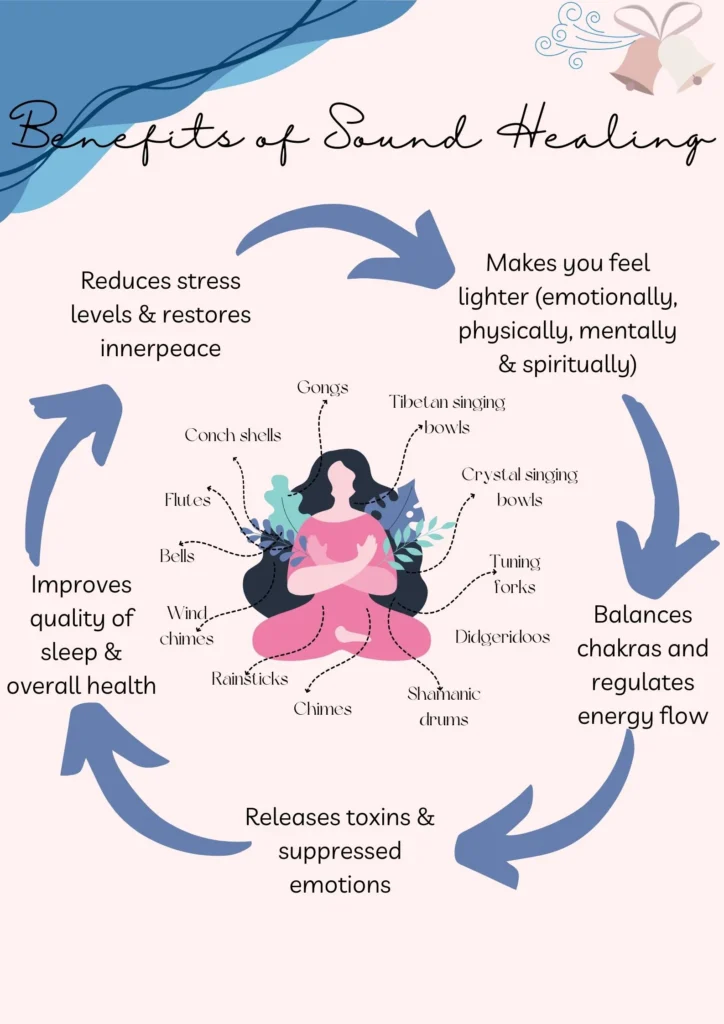
Benefits of Daily Sound Healing Practice
- Reduces Stress & Anxiety
- Humming and Om chanting activate the vagus nerve, calming the nervous system.
- Lowers cortisol (the stress hormone) and promotes deep relaxation.
- Improves Sleep Quality
- Gentle vibrations stimulate melatonin release, helping regulate sleep-wake cycles.
- Evening practice can quiet the mind and prepare the body for restful sleep.
- Balances Mood & Emotions
- Sound vibrations increase serotonin and endorphins, creating a sense of happiness and well-being.
- Helps ease feelings of agitation, frustration, or sadness.
- Supports Heart & Lung Health
- Chanting and humming naturally slow down breathing and heart rate.
- Improves oxygen circulation and strengthens respiratory function.
- Strengthens Connection with Self
- The combination of sound and silence fosters mindfulness and self-awareness.
- Encourages gratitude, compassion, and inner peace.
- Boosts Immunity
- Humming increases nitric oxide levels, which support immune, cardiovascular, and respiratory health.
- Vibrations also stimulate lymphatic flow, aiding detoxification.
- Enhances Focus & Mental Clarity
- Rhythmic sound entrains brainwaves into calm alpha and theta states.
- Improves concentration, creativity, and memory over time.
- Promotes Inner Healing & Harmony
- Vibrations travel through tissues, calming the body at a cellular level.
- Regular practice can support recovery from fatigue, emotional burnout, and even chronic conditions.
Your Invitation
The next time stress feels overwhelming, pause. Close your eyes. Breathe deeply. And hum.
Feel the vibration in your chest, your face, your whole being. Let the sound carry your worries out of your body. Allow it to guide you back into balance, into harmony, into yourself.
Because sometimes, the medicine we’re searching for isn’t outside — it’s the sound within us.
Try This: 5-Minute Humming for Stress Relief
You don’t need any special skill, just a quiet space and your own voice.
- Step 1 – Find Your Space :Sit comfortably in a chair or cross-legged on the floor. Keep your back straight but relaxed. Close your eyes if that feels good.
- Step 2 – Breathe : Take a slow, deep breath in through your nose, letting your belly rise. Gently exhale through your nose. Repeat this for 2–3 breaths to settle in.
- Start Humming : On your next exhale, hum gently with lips closed: “mmmmmm.”
- Feel the vibration in your face, throat, or chest.
- Don’t force it — let it be soft and comfortable.
- Step 4 – Continue Rhythmically : Inhale slowly through your nose, then hum again on the exhale. Repeat this cycle for about 5 minutes.
- Step 5 – Notice & Rest : After your last hum, sit quietly for a minute. Notice how your body feels — calmer, lighter, maybe even warmer. Take a deep breath, wiggle your fingers and toes, and gently open your eyes. That’s it. In just five minutes, you’ve given your nervous system a reset, your mind a pause, and your body a natural dose of relaxation hormones.
Daily 12-Minute Sound Healing Routine
(A Mini Sound Meditation for Stress, Anxiety & Inner Balance)
You can do this first thing in the morning to set the tone for the day, or in the evening to unwind.
- Step 1 – Arrival (2 minutes)
- Sit comfortably with your back straight (chair or floor).
- Close your eyes and place one hand on your chest, one on your belly.
- Take 3 slow breaths: inhale deeply through your nose, exhale fully through your mouth.
- With each breath, imagine releasing tension and inviting calm.
- Step 2 – Gentle Humming (4 minutes)
- Inhale through the nose.
- Exhale with a soft hum: “mmmmmm…”
- Feel the vibration in your lips, cheeks, and chest.
- Keep your humming comfortable — not too loud or forced.
- Imagine each hum spreading waves of relaxation through your body.
(Tip: You can vary your pitch slightly — higher to feel vibrations in your head, lower to feel them in your chest.)
- Step 3 – Om Chanting (4 minutes)
- Take a deep breath and chant “Om” slowly on your exhale:
- “Ooo…” (belly & chest vibrate)
- “Mmm…” (skull & forehead vibrate)
- Repeat for 6–8 rounds.
- Allow the sound to resonate fully before the next breath.
- As you chant, imagine yourself tuning into harmony — like an instrument being rebalanced.
- Take a deep breath and chant “Om” slowly on your exhale:
- Step 4 – Silent Stillness (2 minutes)
- After your last Om, sit quietly in silence.
- Focus on the echoes of sound inside your body.
- If thoughts arise, let them pass like clouds, and return to the feeling of calm.
- Place both hands on your heart, take one last deep breath, and whisper a word of gratitude (e.g., peace, calm, healing).
Total Time: ~12 minutes
With regular practice, this routine helps release stress, improve mood, calm anxiety, and reconnect you with your inner harmony — without any medication, just your own breath and voice.
Additional Helpful Information
- Start Small and Be Gentle: Introduce new humming practices gradually. Do not overextend the hum to the point of discomfort. Practice makes perfect; the more you practice, the more skilled you will become.
- Journal Your Experience: Keep a notebook to record your thoughts, feelings, and the effects you experience after each session. This can be very helpful for tracking your progress and understanding the nuances of your unique experience.
- Trust Your Intuition: There is no one “right” way to hum. Experiment with different methods and pitches to find what feels most natural and comfortable for you as a “unique vibratory being”.
- Anecdotal Evidence is Important: While scientific validation is crucial, repeated anecdotal reports of positive outcomes suggest a phenomenon is likely true, even if not yet scientifically proven.
Reference:
- Nitric Oxide & Humming :
- Weitzberg, E., & Lundberg, J. O. (2002). Humming greatly increases nasal nitric oxide. American Journal of Respiratory and Critical Care Medicine, 166(2), 144–145.
- https://doi.org/10.1164/rccm.200202-138BC
- Sound & Nervous System Regulation :
- Porges, S. W. (2011). The Polyvagal Theory: Neurophysiological Foundations of Emotions, Attachment, Communication, and Self-Regulation. W. W. Norton & Company.
- Bhramari Pranayama (Bee Breath):
- Telles, S., Nagarathna, R., & Nagendra, H. R. (1998). Autonomic changes during “OM” meditation. Indian Journal of Physiology and Pharmacology, 42(3), 467–472.
- Sound Healing & Brainwave Entrainment :
- Wahbeh, H., Calabrese, C., & Zwickey, H. (2007). Binaural beat technology in humans: a pilot study to assess psychologic and physiologic effects. The Journal of Alternative and Complementary Medicine, 13(1), 25–32.
- https://doi.org/10.1089/acm.2006.6196
- Vibration & Lymphatic/Immune Function :
- Lehikoinen, J. K. (2005). Vibrational healing: Sound therapy and the human biofield. Subtle Energies & Energy Medicine Journal, 16(3), 255–270.
- Books for General Readers :
- Goldman, J. (2017). The Humming Effect: Sound Healing for Health and Happiness. Healing Arts Press.
- Campbell, D. (2000). The Mozart Effect: Tapping the Power of Music to Heal the Body, Strengthen the Mind, and Unlock the Creative Spirit. HarperCollins.
Stay updated with the latest information on functional medicine
Please subscribe to our social channels for updates related to functional medicines.
Instagram: thehormonereset
Facebook: Hormone Reset
YouTube: Hormone Reset Program
LinkedIn: Hormone Reset
